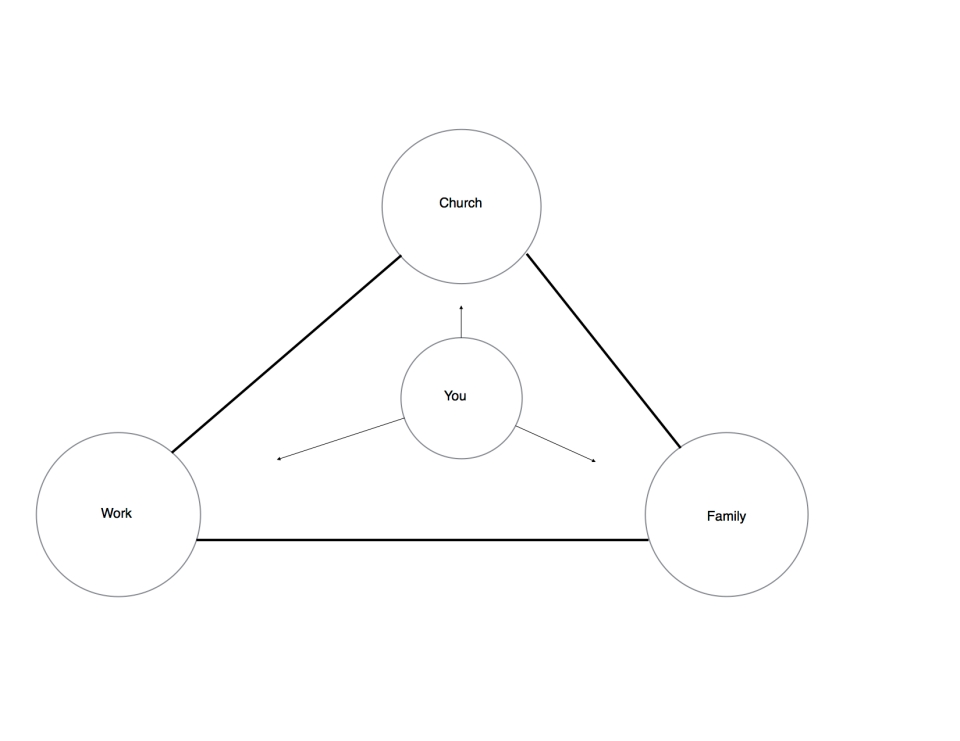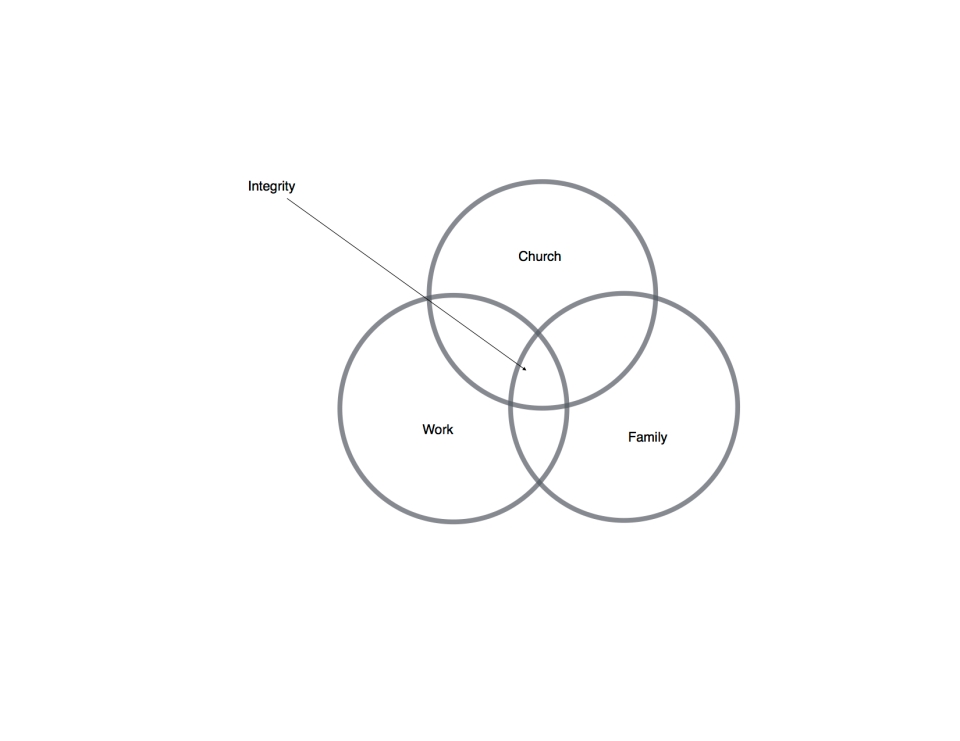As one reads the Gospels, it is readily apparent that Jesus was a man on the move who made a strong impression on people, both positive and negative. We see that he taught with great authority (Matt 7:28-29), he cast out demons (Matt 12:24-28), he healed the sick (Mark 6:56), he raised the dead (Luke 7:11-15), he miraculously multiplied food (John 6:1-15) just to name a few. However, the only thing any of the Gospel writers record the disciples asking him to teach them specifically is to pray (Luke 11:1-4).
We should see how striking this is. Perhaps the disciples knew that the other things Jesus did were connected to his time in prayer. Regardless, they were faithful Jews for whom prayer was a significant part of their lives. They grew up hearing the Psalms, a book of prayer, read every Sabbath. Prayers were developed for every aspect of life by this time in Judaism so that wasn’t lacking in their lives. Their primary motivation was they saw Jesus pray and how much time he spent in prayer. He would get up early to pray (Mark 1:35), he spent whole nights in prayer (Luke 6:12), other significant time in prayer (Luke 5:15-16), and before major events (e.g. Matt 26:36-46).
The teaching that Jesus gave was quite simple,
He said to them, “When you pray, say:
Father,
hallowed be your name,
your kingdom come.
Give us each day our daily bread.
Forgive us our sins,
for we also forgive everyone who sins against us.
And lead us not into temptation.”
Matthew has a slightly longer version, which Jesus most likely taught at another time (6:9-13) but it’s essentially the same teaching on prayer. I’m not going to unpack each of the parts of the prayer because I want to look at it on the whole and how it fits into Jesus’ life.
Jesus’ approach to who God is and how life is lived in light of that was profound. Jesus did a lot but was never in a rush. He had more than enough ministry opportunities (without creating any programs by the way) to keep him and his 12 disciples busy for a lifetime, yet he often withdrew away. All of this came out of his prayer life.
This prayer he taught his disciples shows what was most important to Jesus: honoring the Father’s name, the Kingdom of God, God’s life-sustaining provision, forgiveness of sins, and protection from temptation. Each of these parts played out in Jesus’ life and all of his other teaching. This is such a unique view of God up to this point in history. No one could conceive of a god like this and what Jesus said was this type of god does exist and Jesus knows him as his Father.
Jesus teaches us a prayer for the rest of us. This is a prayer that can be prayed in and of itself and it informs all parts of prayer. Prayer is the most important activity we can partake in. As Oswald Chambers said, “Prayer does not fit us for the greater work; prayer is the greater work.” Each of the other disciplines, as important as they are, should be practiced only with prayer.
Jesus did not need prayer but as the “pioneer and perfecter of faith” (Heb 12:2) he showed us that life lived in the presence of the Spirit and the Father will be filled with prayer. The amount of prayer the early believers practiced showed they knew it was necessary for being disciples of their Master, Jesus the Messiah. Prayer should cultivate a relationship with the Triune God and be the way we partner with God in what he is up to in the world.
The best teaching, outside of Jesus’, that I ever read was from a mother to her two daughters. One of the instructions she left while she and their dad were away for a week read, “Pray everyday because Jesus loves you and wants to hear from you.” That’s exactly right. He adores us and wants to hear from us. He also wants to say some things to us as well.
May we love to pray. We our hearts long to commune with our Heavenly Father. May the Spirit empower us to pray without growing weary or losing heart.



